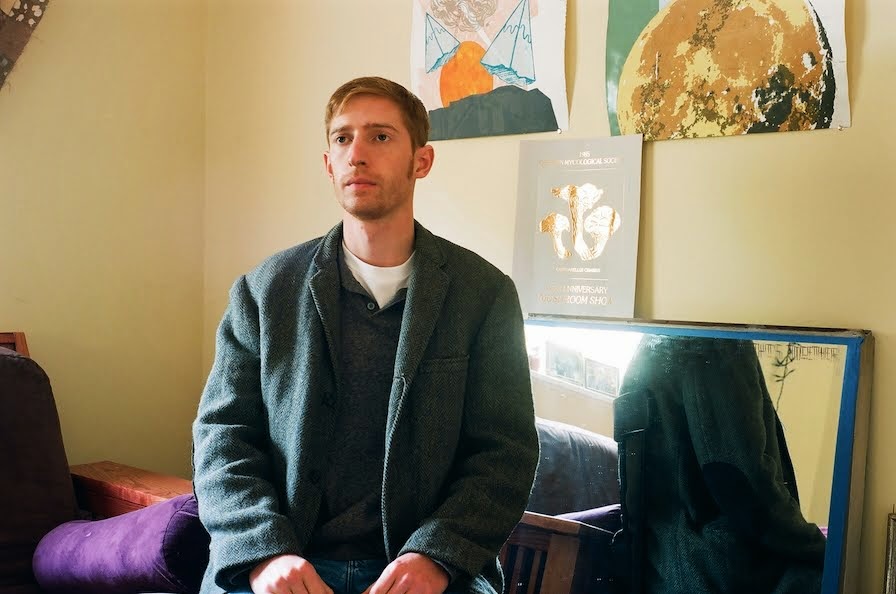Book 2 of 3, which I shall finish any day now on my subway rides to The Strand (my new place of work), is the debut novel of W.G. Sebald (1944-2001) entitled Vertigo. This novel was released first in the writer's preferred language of German as Schwindel in 1990, but the English-language translation by Michael Hulse did not appear until 1999. Much like the sense which James Stewart's character has in Hitchcock's film of the same name, the first-person narrator of Sebald's novel is "afflicted." By what? One could just as easily say anxiety or PTSD or something of that ilk as one could say melancholy, madness, or the musings of a lonely soul.
All great works contain in them a seed in their first chapter or first few pages or lines, that the remaining work grows out from upon the frame of the narrative. Much like a grapevine and the process of its eventual yield as a vintage. Vertigo is a work akin to this process. I began my reading of Sebald's work with his last and most refined novel, Austerlitz. Afterwards, I moved further back with Rings of Saturn. Vertigo as a work upon which the other novels rest extends the metaphor of the grapevine's seed across the breadth of his work. For as the title of Sebald's final work is named after a battlefield of the Napoleonic Wars, Vertigo itself begins with a short life of a soldier and diarist from that Corsican's army - Marie Henri Beyle (1783-1842), best known to posterity as the writer Stendhal.
From Stendhal's youth we are taken through his maturation and his mistakes, his realization about one's memory of images and the power of the image as subsuming the other, as well as the "crystallization" effect, which you may read about at the above link. The narrator of the rest of the novel brings everything in his own life unto the greying light of Monsieur Beyle's realizations on love, memory and history. While traveling from England to Germany to Austria then on toward one Italian city and another, we are entangled in the warp and woof of 7 years that pass between one impulsive visit of the narrator and his following one which tries to grasp at the several moments of afflictions he suffered under strange and myopic circumstances. The probable cause? Living itself.
His last journey is by foot, through that dark, wooded ravine that Dante tread himself. Only for Sebald, this leads not toward a transcendent journey, but to 'W.' which is the place of his birth and early childhood. A month at the same exact inn which housed his family, memory and the reality at hand seemed not to meet one another in an atemporal handshake. Rather the opposite occured: the understanding of what happened in the past and how the present moment could be its result, were utterly despondent. One did not seem related to the other, but for an image here, an object there, their only commonality in the lingering of their impressions in the mind. Kafka-esque in its unequivocal silences, Vertigo ends with Sebald's return to London, and he leaves us with words of another diarist, Samuel Pepys, as he watched his city burn, in the Great Fire of 1666.
I put down my copy of the novel, and I encouraged you to pick one up. There is a long length of human shadow cast by these works, these epitaphs of Mr. Sebald. I do not believe we will see much sun out from under it - unless we come out of the eclipse from our own degree of affliction - in memory and in history.




